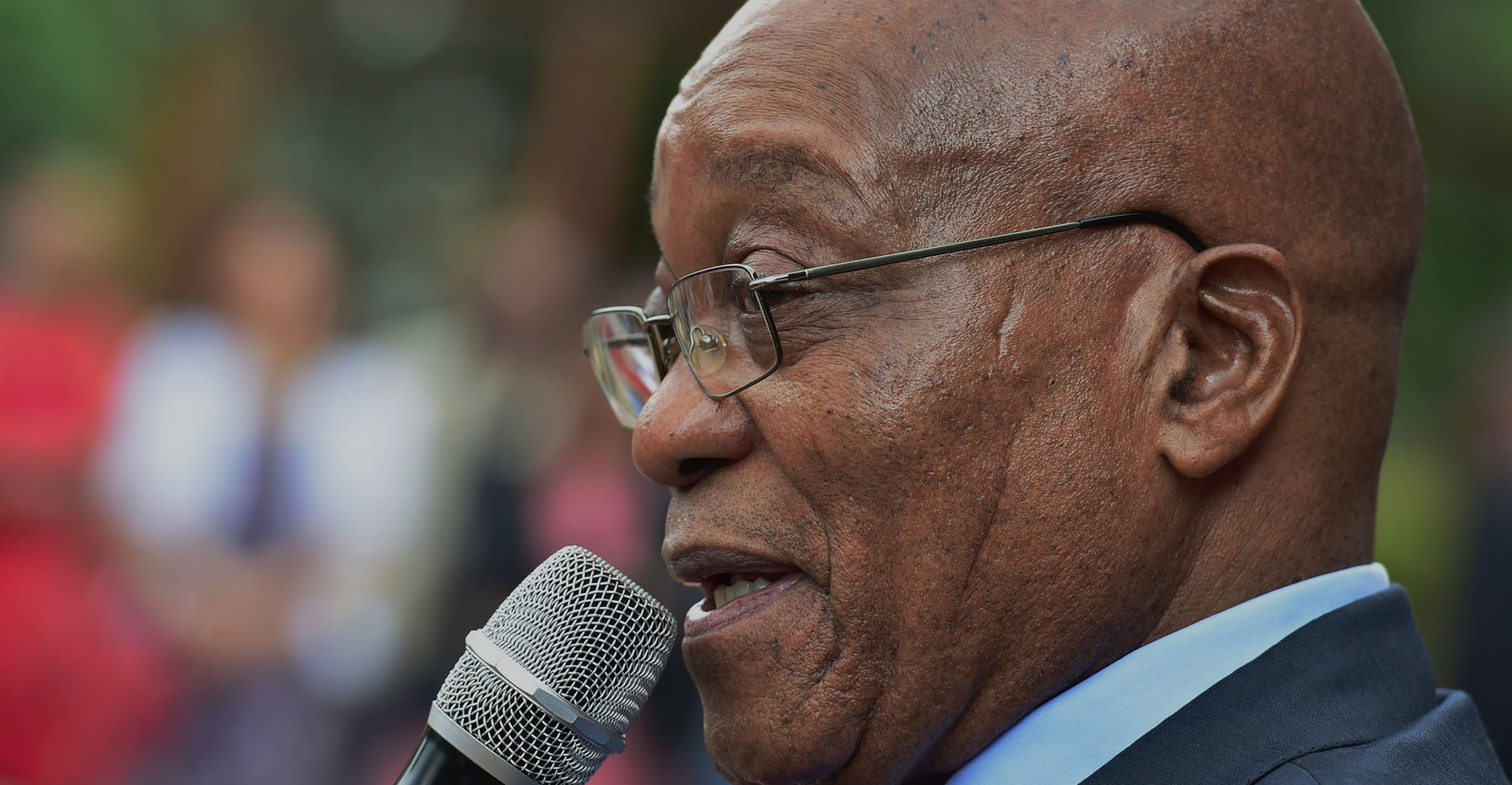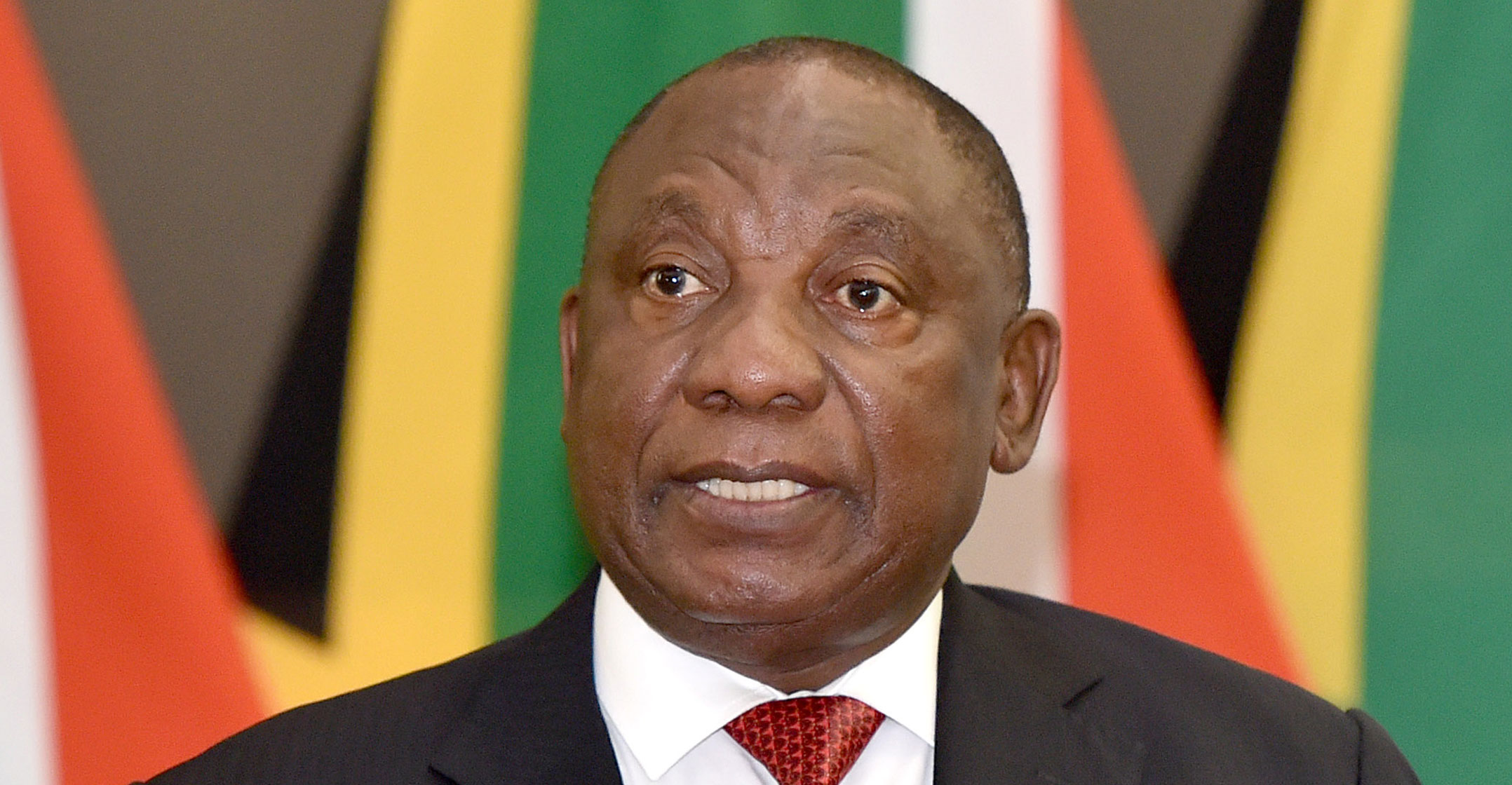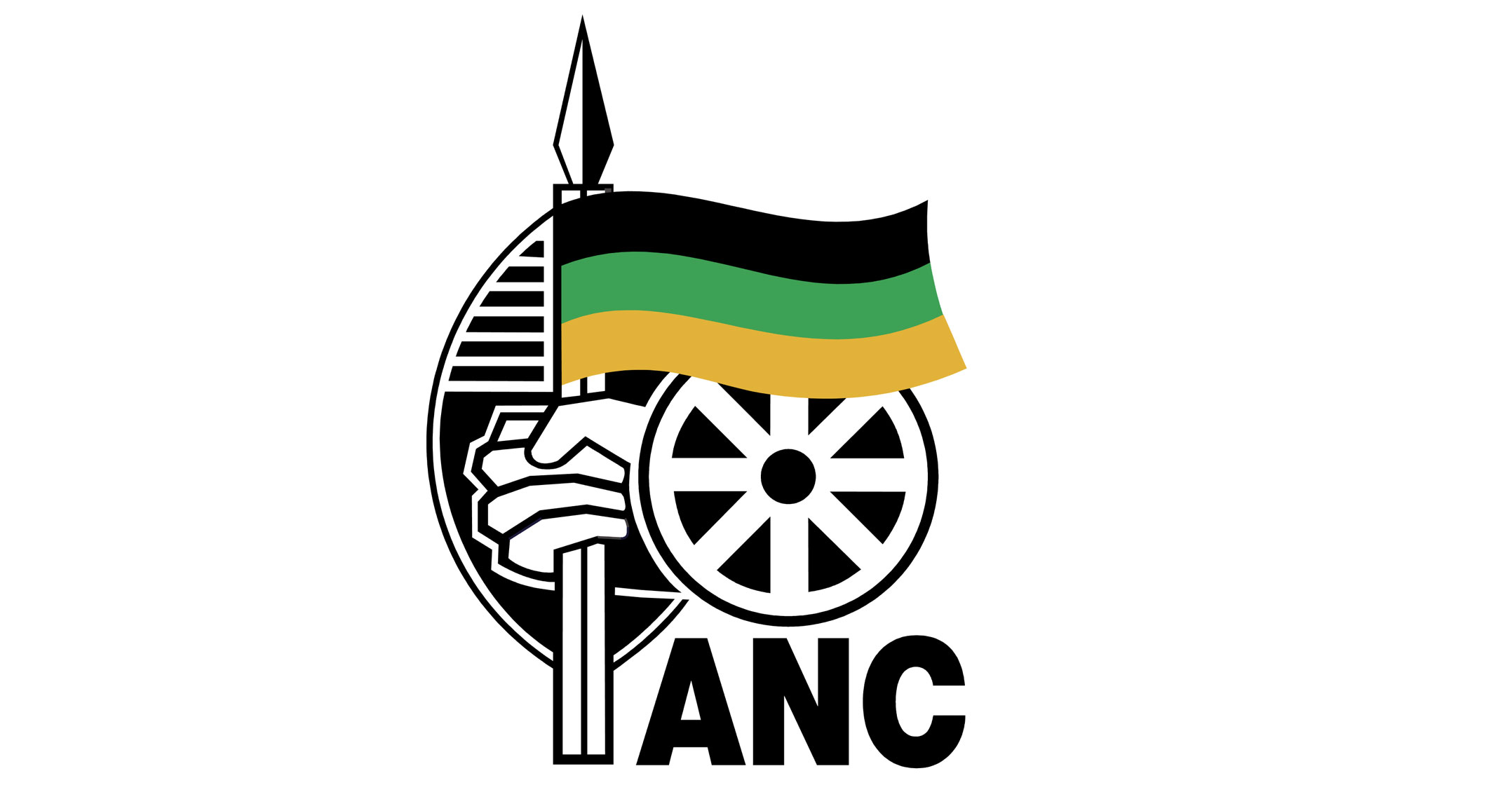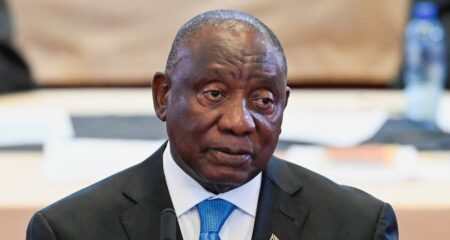
Deadly protests in South Africa are stretching the nation’s social fabric to breaking point, scarring an already weakened economy and exposing fault lines within the party that’s held power for more than a quarter of a century.
The official death toll during rioting that followed former President Jacob Zuma’s 7 July imprisonment on contempt of court charges jumped to 117 late on Thursday as additional soldiers took to the streets to restore calm. Damages from days of rampant looting and arson run to billions of rand, some areas are facing food and medicine shortages, and business confidence is shot.
The carnage has also undermined President Cyril Ramaphosa’s authority and placed the ANC at risk of losing its grip on KwaZulu-Natal, Zuma’s home province and the epicentre of the violence.
“Our future is bleak. It is going to be very difficult to come back from this,” said Xolani Dube, an analyst at the Xubera Institute for Research and Development in the eastern city of Durban. “Ramaphosa is politically weaker than he has ever been.”
The rand slumped to near a four-month low as South Africa’s outlook darkened. Along with political uncertainty, structural unemployment and one of the world’s starkest divides between haves and have-nots — perennial problems that were exacerbated by the coronavirus pandemic — are set to worsen, with the state’s coffers too depleted to provide meaningful relief.
Knife-edge
The country remains on a knife-edge. Sporadic gunshots ring out over some KwaZulu-Natal neighborhoods, smoke hangs over gutted malls and factories and many residents carry guns or makeshift weapons. Foreign investors have been selling down their holdings of South African shares.
The police have proved ineffectual, and initial plans to deploy 2 500 soldiers have been increased 10-fold, highlighting just how incapable the state was rendered during Zuma’s almost nine-year rule. Ramaphosa estimates that more than R500-billion was stolen during that era, which saw many capable senior civil servants leave their posts.
Ramaphosa didn’t mention the protests until the evening of 11 July, two days after they erupted, when he addressed the nation on the latest coronavirus-related restrictions. He made another appeal for calm the following night, his apparent impotence demonstrated by broadcaster eNCA, which ran a split screen of him speaking with live footage of a Durban mall being looted.

Pule Mabe, the ANC’s spokesman, said the party was doing all it could to ensure order was restored. “It would be unfair to suggest we are here because of an ANC problem,” he said. “The ANC did not sanction any of these activities we have seen.”
Government officials have described the demonstrations as “economic sabotage” but haven’t identified the instigators. Irrespective of whether the protests were spontaneous or orchestrated — and a debate is raging in South Africa as to whether they are — Zuma, 79, lies at the heart of it.
A former ANC intelligence operative, he’s credited with playing a key role in ending apartheid-era violence between supporters of his party and the Zulu nationalist Inkatha Freedom Party. Later he delivered the Zulu vote to the ANC and moved the political centre of gravity of the party to the province from the Eastern Cape, from which former leaders Nelson Mandela and Thabo Mbeki hail.
Now, ironically, his arrest appears to have triggered an outpouring of violence.
Valli Moosa, who served as a minister in Mandela’s and Mbeki’s cabinets, expects the upheaval to end soon and doesn’t see it as an insurrection. While the initial protests against Zuma’s jailing may have been organised, the widespread chaos that ensued was probably just opportunistic, he said.
Even so, it’s unclear whether the looting that engulfed the nation’s two most populous provinces is a violent coda to Zuma’s reign or the beginning of the end for the party, which was founded in 1912. It has weathered two breakaway attempts, but remains mired in factional power battles.
Power battles
Zuma “is an albatross around the neck of the party in the province and nationally”, said Cyril Madlala, a former newspaper editor in KwaZulu-Natal. “His influence is such that he doesn’t need a position in government or the ANC, he is a phenomenon on his own.”
Internal power battles have meanwhile rendered the ANC sclerotic. Decisions necessary for the national good are often taken slowly and are subject to careful political calculation, hampering efforts to turn around the tanking economy and tackle a record 32.6% unemployment rate.
“The political timeline of the ANC is moving at the pace of a tortoise,” said Claude Baissac, the head of Eunomix Business and Economics, which advises on political risk. “The economic decline is moving at the pace of the hare.”
 And that has, no doubt, played a part in the riots and helped those who may have orchestrated them.
And that has, no doubt, played a part in the riots and helped those who may have orchestrated them.
The instigators knew if they created a space for the unemployed and criminals “they would jump at the opportunity”, said Mcebisi Ndletyana, a political science professor at the University of Johannesburg. “And they did.” — Reported by Antony Sguazzin and S’thembile Cele, (c) 2021 Bloomberg LP




